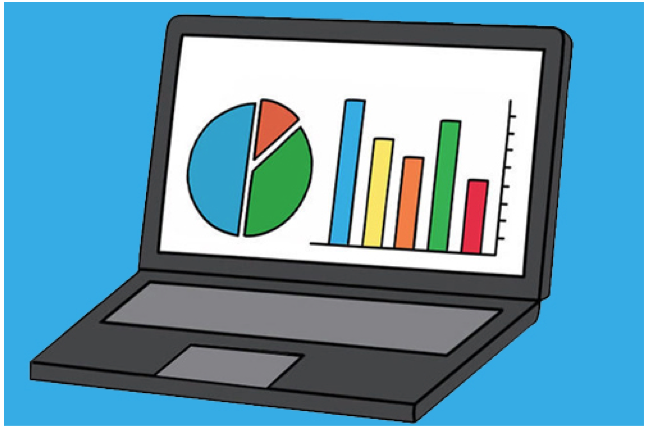CommentsEDUCATION POLITICS--If you know Shakespeare's play “Julius Caesar,” the Ides of March -- or March 15 – it is the date in 44 BC when Julius Caesar was assassinated. In California, the Ides of March in 2017 might in the future be looked upon as the date the new California School Dashboard (CSD) student performance evaluation system signaled the purposeful assassination of anything remotely resembling real accountability for the public education system.
On that date state officials unveiled the CSD public education accountability system that, in reality, is the most comprehensive way yet devised to further obfuscate how students are actually not doing well in public schools. Under CSD it is virtually impossible to address the subjective needs of students, since the CSD assessment never allows for an objective standard to measure even minimally their actual education levels.
Anything that remotely approximates an objective standard for measuring how students and specific schools are doing -- in comparison to all other students and schools in the state -- has been eliminated in favor of a new color-coded system offering feel good assessments that give contrived acceptable rankings based on “improvement” without any notion of holding students to the mastery of grade-level standards they will ultimately be required to have when they leave school and try (unsuccessfully) to be gainfully employed.
In a March 16 article, the LA Times acknowledged that this new CSD assessment framework replacing the prior objective standard of the Academic Performance Index (API), "paints a far rosier picture of academic achievement than past measurements." If the patient/student is running a high fever and is very sick, you can either treat the patient/student or break the thermometer. CSD breaks the thermometer.
So now, under CSD "80% of schools serving grades three through eight are ranked medium to high performing...when last year the majority of the [same] students failed to reach English and math standards." The fact that "those schools whose average math scores fell below proficiency [now] receive the dashboard's highest rating for math" is never addressed.
There is clearly an effort by the CSD to obfuscate the continuing failure of too many schools and students. The API objective standard let you know that, if you were in an 800 or 900 API school, things were okay; but if you were in a 400 or 500 API school, you couldn't learn even if you wanted to. The CSD makes this kind of assessment or accountability impossible.
Given the pressure on teachers to pass students whether or not they have been able to do the work, how can passing or rates of graduation be used in CSD assessment when they do not reflect an objective, independently verifiable level of academic achievement?
CSD even takes into account suspension rates at a school without ever asking the threshold question as to whether teachers still have the power to suspend students from a class where they are making it impossible for their fellow students to learn.
As reported in the LA Times, Carrie Hahnel of Education Trust West in Oakland said: [the CSD is] "terribly misleading -- communicating things are just fine even if they're not." More telling is what Jenny Singh of the California Department of Education said in opting for having blue or green positive ranked schools: “You don’t want to have an accountability system come out and say there’s not going to be any blue or green schools.” Does she believe this is true, even if you have to engage in hiding the true level of too many schools in order to do so?
It is not surprising that LAUSD officials have called the new CSD system "useful," since its lack of clear objectively verifiable standards of academic excellence will now allow them to continue putting their careers ahead of the needs of their failing students. For them, it’s a "fairer way of looking at schools," because it continues to not hold them accountable for predictable student failure that could be easily addressed -- if these students were assessed and educated in a timely manner.
(Leonard Isenberg is a Los Angeles observer and a contributor to CityWatch. He was a second generation teacher at LAUSD and blogs at perdaily.com. Leonard can be reached at [email protected]) Edited for CityWatch by Linda Abrams.
Sidebar
Our mission is to promote and facilitate civic engagement and neighborhood empowerment, and to hold area government and its politicians accountable.

 CityWatch Los Angeles
Politics. Perspective. Participation.
CityWatch Los Angeles
Politics. Perspective. Participation.
11
Wed, Feb















